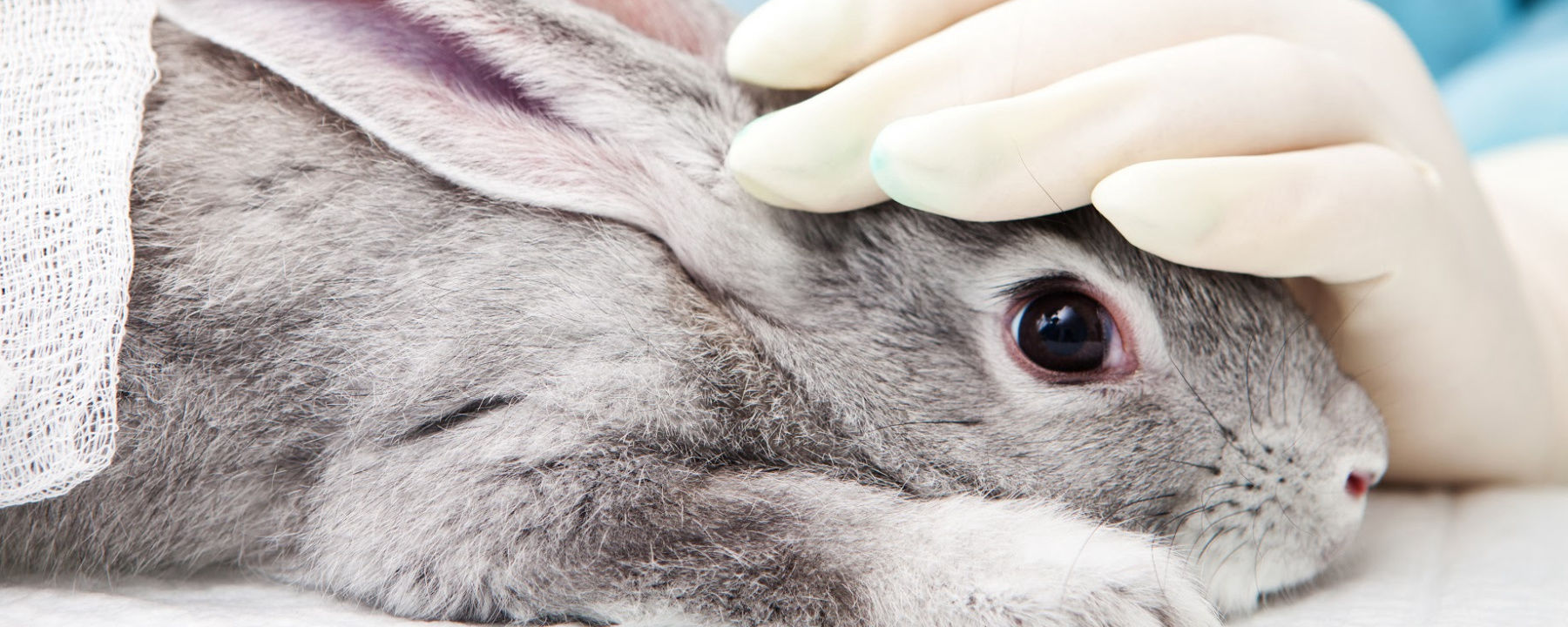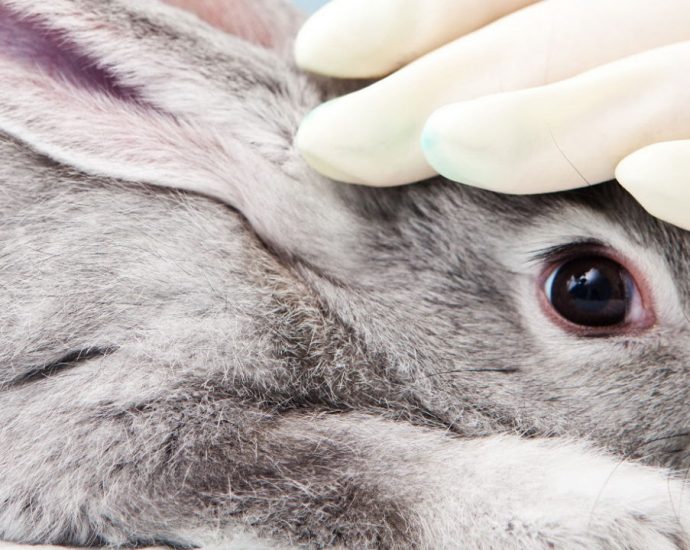
The US Food and Drug Administration will now permit certain animals used in experiments to retire and be adopted rather than face euthanasia, according to internal documents reviewed by The Hill. Although the policy changed in November, there have not been any public statements from the agency.
According to The Hill, the FDA used nearly 2,000 animals in medical testing during 2018.
The National Institutes of Health and Veterans Affairs have already adopted policies to rehome retired lab animals. Despite steps taken by individual agencies to rehome animals, there are no mandates that apply to all federally funded research. Currently, there is bipartisan Congressional support for doing so.
House Resolution 2897, named the Animal Freedom from Testing, Experiments, and Research (AFTER) Act of 2019, was introduced to the House of Representatives in May 2019 by Congressman Brendan Boyle (D-PA). This bill would amend the Animal Welfare Act so that instead of being put down after an experiment, certain healthy animals could be retired and adopted out to nonprofit animal sanctuaries and shelters. Mice, rats, and birds are excluded.
“For years, I’ve worked to end outdated government animal testing opposed by most Americans, and have been disturbed at how many animals are killed at the end of research even though there are individuals, rescues, and sanctuaries ready to take them in,” Boyle tells The Hill. “Having introduced the AFTER Act to require federal agencies to allow lab animal adoption, I am very happy with the FDA’s new policy allowing healthy dogs, primates, rabbits and other animals to be retired after research.”
If made into law, the Act would force the Environmental Protection Agency and the US Department of Agriculture, which currently lack any retirement policy for animals, to rehome suitable candidates after experimentation. According to the USDA, there were nearly 800,000 animals used in Fiscal Year 2017 in federal research. Almost 700,000 of those were species that could be adopted.





















